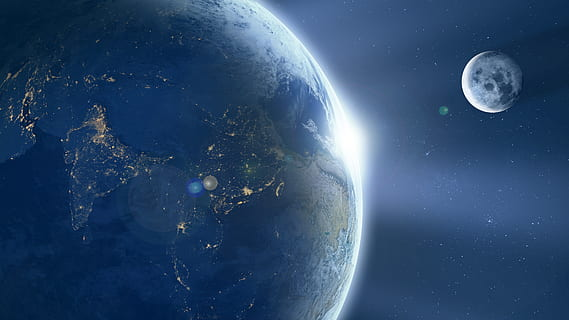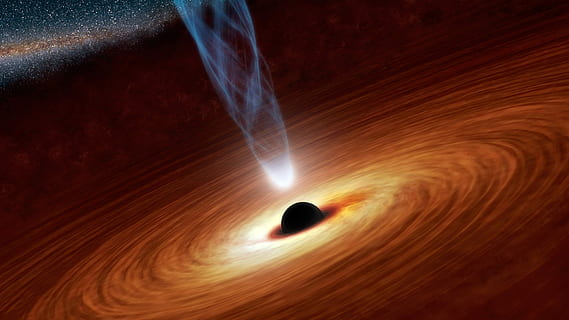How a future gravitational wave identifier in space will uncover more regarding the universe

Gravitational waves will be planned to uncommon high detail when another gravitational wave indicator mission dispatches in 2037. This will notice dark openings, neutron stars and different articles, another review notes.
The paper looks forward to when the Laser Interferometer Space Antenna (LISA) from the European Space Agency will fly into space to gauge gravitational radiation over a wide band at low frequencies. The mission will follow on from a fruitful test mission, LISA Pathfinder, that finished up 16 months of work in 2017.
Researchers currently expect that LISA might track down gravitational waves, or waves in space-time, by examining occasions called outrageous mass proportion inspirals. These occasions happen when a dark opening or super-thick neutron star (ordinarily, the remainder of a cosmic explosion) twistings into a dark opening great many times the mass of the sun.
It takes a huge number of circles before the item meets its death inside the supermassive dark opening, scientists noted. The "inspiralling" makes "long signals" that will permit researchers to look for deviations against industry estimations like Einstein's speculations of relativity, or the standard model of molecule material science that portrays key physical science processes.
LISA, new models demonstrate, will actually want to test gravitational associations alongside a quantum peculiarity called scalar fields. These fields portray how every place of the universe has a worth or strength quantifiable with the field, yet that the field doesn't point in a specific bearing. An equivalent model is a temperature guide of the neighborhood weather conditions gauge.
Scalar fields have little significance in the cutting edge universe, however a few researchers propose the early universe was wealthy in these fields, so rich that it is conceivable that grandiose expansion (the abrupt development of the universe soon after the Big Bang) is inferable from this peculiarity.
"We have now shown that LISA will offer exceptional capacities in identifying scalar fields, and this offers energizing open doors," partaking concentrate on creator Thomas Sotiriou, head of the University of Nottingham focal point of gravity, said in an articulation.Click on image for more information




